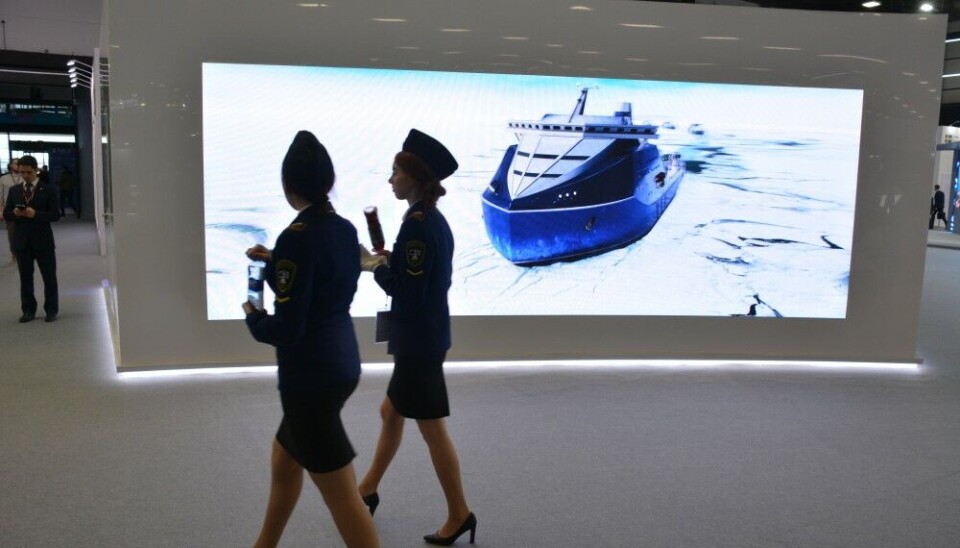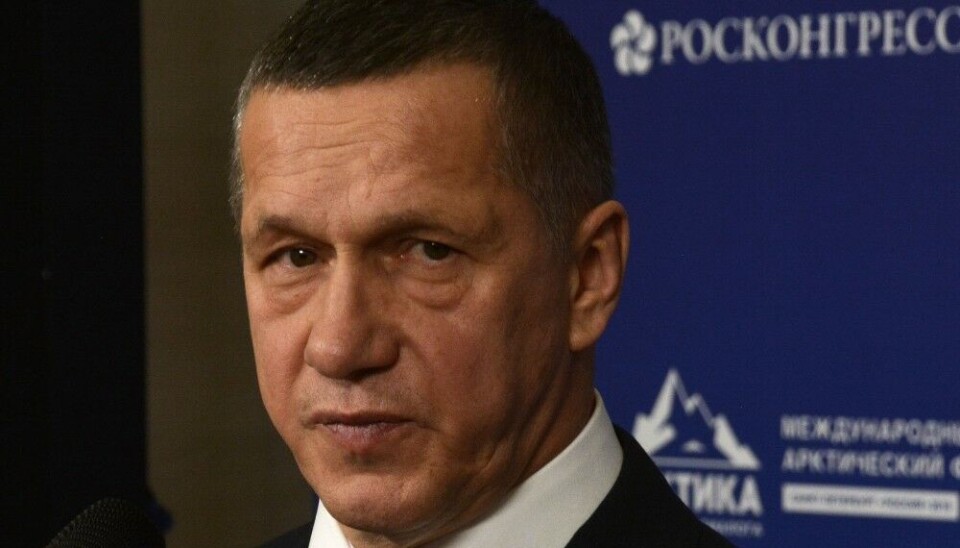
Moscow assures it will not lower ambitions in Arctic
The capacity of seaports along the Northern Sea Route will reach 83 million tons in 2024, Deputy Prime Minister Yuri Trutnev underlines.
“The most important issue on today’s agenda is the fulfilment of President Vladimir Vladimirovich Putin’s instructions to increase shipping volumes on the Northern Sea Route to 80 million tons by year 2024,” Trutnev said as he on the 11th of February opened a meeting in the State Commission on Arctic Development.
In the room were representatives of key federal ministries, regional governments and state companies.

Western sanctions have caused certain difficulties in reaching the president’s objectives, the high-ranking government official admitted. But investment projects in the Arctic are still proceeding according to plans, he assured.
In 2022, a total of 34 million tons of goods was shipped on the route. “It is a good result,” Trutnev underlined, and explained that the original plan for the year was only 32 million tons.
Despite the war against Ukraine and the severe economic hardships facing the country, the Northern Sea Route remains a top priority for the Russian government.
The cabinet headed by Premier Mikhail Mishustin continues to aim for an unprecedented boost in Arctic shipping, and the ambitions outlined in the federal Plan on the development of the Northern Sea Route as adopted in August 2022 remains intact.
The document says shipping on the route is to increase to 80 million tons in 2024 and later to 150 million tons in 2030 and 220 million tons in 2035.
In order to reach the target, a total of 41 new cargo vessels must be built by 2030, the leader of the Arctic Commission argued in last week’s meeting. Trutnev also underlined that the goods capacity of seaports along the Northern Sea Route will increase to 36 million tons in 2023 and to 83 million tons in 2024.
Behind the port development stands nuclear power company Rosatom, that in 2022 completed the construction of the Utrenneye terminal in the Gulf of Ob. In 2023, Rosneft’s Sever Bay terminal will stand ready on the coast of the Kara Sea, and in 2024 — the nearby new coal terminal of the Severnaya Zvezda.
But there are looming financial troubles in the horizon.
“I do not exclude that we will have to find new solutions to financing the operations, so that there appears no deficit of funds in any phases of development,” Trutnev told his commission colleagues.
And despite the dramatic increase in federal deficit, the government official underlined that the state is ready to offer support.
“If one of the companies will not have financing, that does not mean that it will be abandoned, [but] we must help,” Trutnev said.















